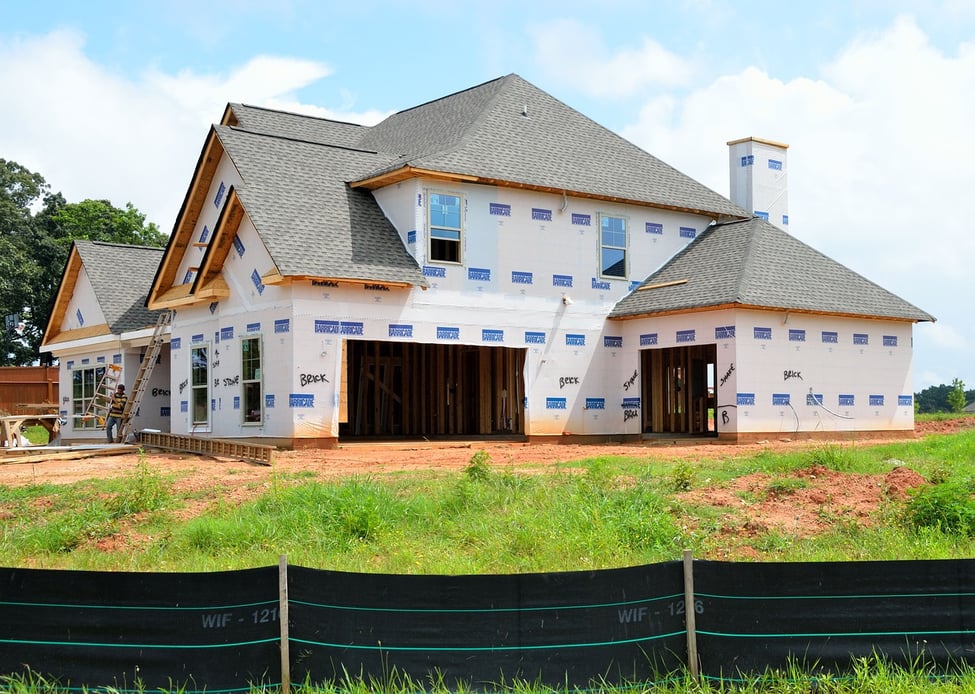Planning Your Project
When embarking on a new construction project, it is crucial to start with a solid plan. This involves clearly defining your goals and objectives for the project. Consider the purpose of the construction, whether it's building a new home or expanding an existing structure. Determine your budget and timeline, and identify any specific requirements or preferences you have for the project.
Once you have a clear plan in place, you can start creating a detailed project scope. This includes outlining the specific tasks and activities that need to be completed, as well as identifying any potential challenges or risks that may arise during the construction process. It's important to be thorough and realistic in your project planning to ensure a smooth and successful construction journey.
Securing Permits and Approvals
Before you can begin construction, it is essential to obtain the necessary permits and approvals from the relevant authorities. This ensures that your project complies with local building codes and regulations, and that all necessary safety measures are in place.
To secure permits and approvals, you will need to submit detailed construction plans and documents to the appropriate government agencies. This process may involve inspections, reviews, and revisions to ensure compliance. It is important to factor in the time required for this process when planning your project timeline.
Finding the Right Contractors
Finding the right contractors is crucial for the success of your construction project. Start by researching and gathering a list of potential contractors who specialize in the type of construction you need. Look for contractors who have experience, a good reputation, and a portfolio of completed projects that align with your vision.
Once you have a shortlist of contractors, schedule meetings or interviews to discuss your project in detail. Ask for references and check them to ensure the contractor's reliability and professionalism. Be sure to discuss your budget, timeline, and any specific requirements you have. It's important to choose a contractor who understands your vision and can deliver the desired results within your constraints.
Managing Budget and Timeline
Managing your budget and timeline is crucial throughout the construction process. Start by creating a detailed budget that includes all anticipated costs, such as materials, labor, permits, and any unexpected expenses that may arise. Be sure to factor in a contingency fund to account for unforeseen circumstances.
To effectively manage your timeline, create a project schedule that outlines the sequence of tasks and their estimated duration. Regularly monitor the progress of the construction and make necessary adjustments to ensure that the project stays on track. Communicate closely with your contractors and suppliers to ensure timely delivery of materials and completion of tasks.
Regularly review your budget and timeline to identify any potential issues or deviations. Address them promptly to avoid delays or cost overruns. Effective budget and timeline management is essential for a successful construction project.
Ensuring Quality Control
Ensuring quality control is an important aspect of any construction project. This involves implementing measures to monitor and verify that the construction is carried out according to the specified standards and requirements.
Start by establishing quality control processes and procedures. This may include regular inspections, testing of materials, and adherence to industry best practices. Communicate your quality expectations to your contractors and subcontractors, and ensure that they have the necessary qualifications and certifications.
Regularly assess the quality of the construction throughout the process. Address any issues or deficiencies promptly to maintain the integrity and safety of the structure. Regular communication and collaboration with your contractors is key to ensuring quality control throughout the construction journey.

